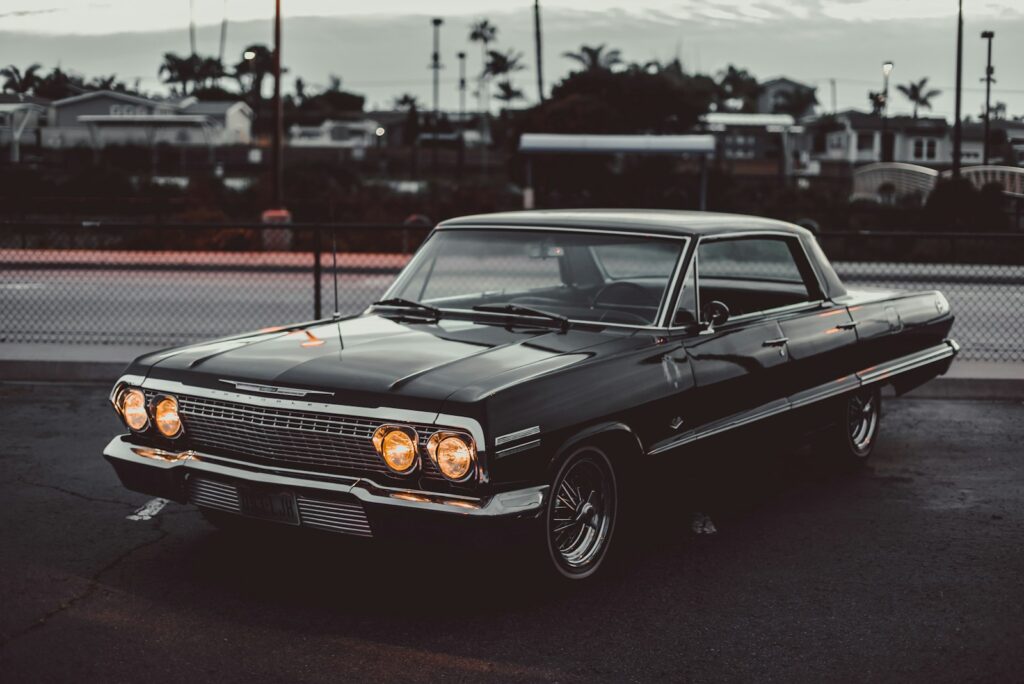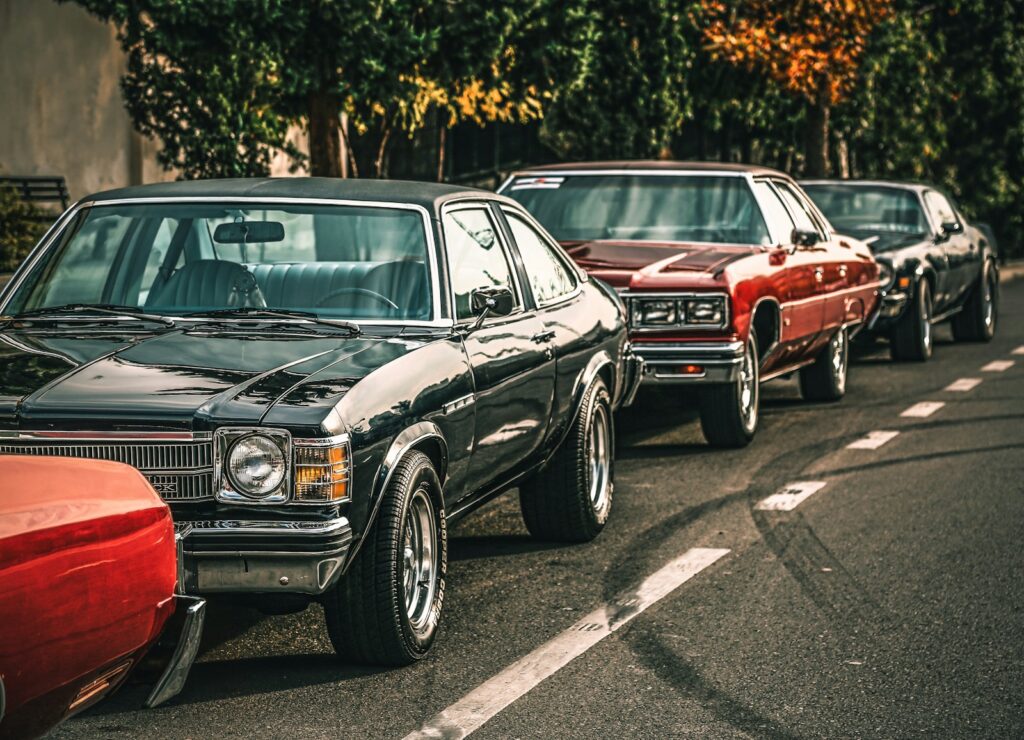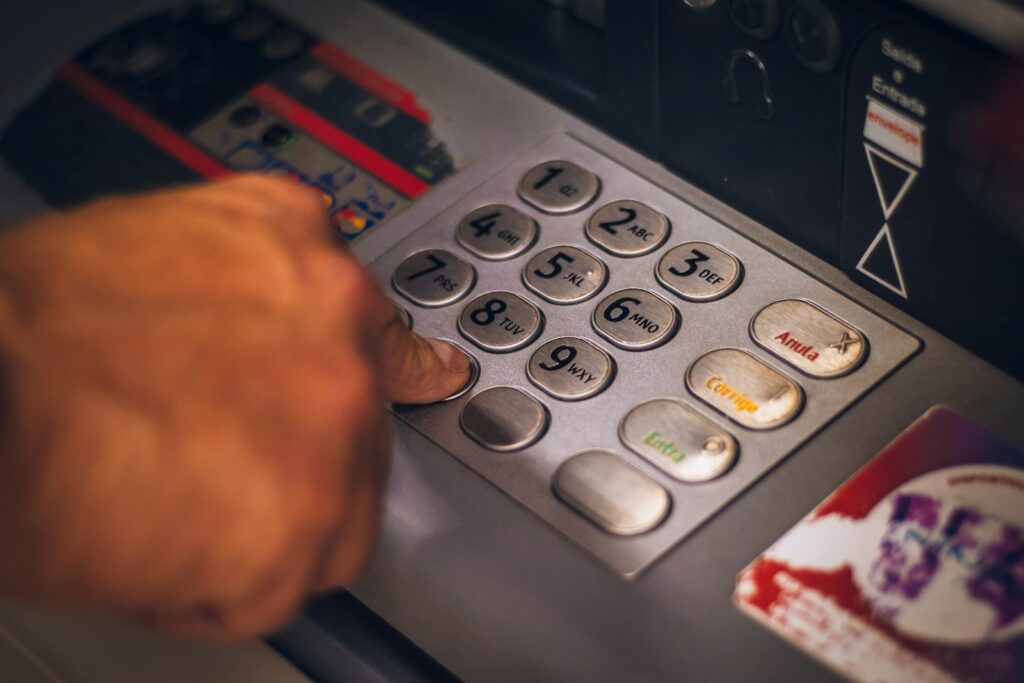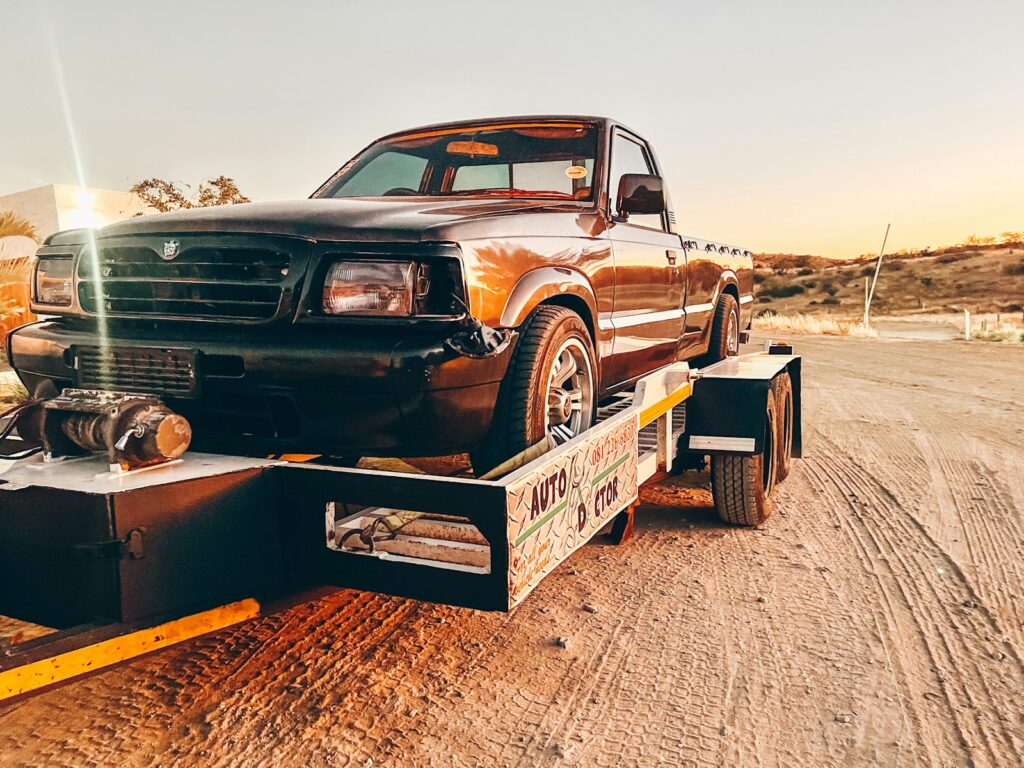
For enthusiasts and investors, the world of rare, classic, and collector cars blends passion with opportunity. Whether buying or selling, choosing the right platform is key—each caters to distinct niches, from high-end collectors to community-driven exchanges. Success also hinges on strategic preparation, from documentation to presentation. This guide breaks down leading online marketplaces and essential tactics to master rare car transactions.

Top Online Marketplaces for Rare and Collector Cars
The hunt for a rare gem or the perfect buyer for your prized collector car starts with choosing the right platform—and the options are as diverse as the vehicles themselves. From curated auctions buzzing with enthusiast chatter to legacy hubs steeped in automotive history, each marketplace offers a unique gateway to connect with fellow enthusiasts. Dive into this guide to explore five standout platforms: discover how one’s community-driven auctions set it apart, why another’s decades-long legacy makes it a trusted staple, and which specialized hubs cater exclusively to the most exotic or hard-to-find models. Whether you’re chasing a vintage classic or ready to pass your ride to its next steward, these platforms hold the keys to unlocking your next automotive adventure.
Bring a Trailer: The Curated Auction Hub
Bring a Trailer (BaT) has become a standout for auction-style listings of unique vehicles. Its strength lies in strict transparency: sellers must provide detailed images, background stories, and comprehensive service histories. A vibrant community fuels engagement through public comments, where buyers and enthusiasts ask questions, verify authenticity, and share insights—boosting buyer confidence.
BaT’s curated model ensures only high-quality, distinctive vehicles make the cut, sparing buyers from sifting through lower-tier listings. This focus on quality and community makes it a go-to for those seeking rare finds with verified histories.

Hemmings: The Classic Car Authority
Hemmings, often called the “Bible” of classic cars, boasts decades of legacy—starting with its iconic print magazine and evolving into a robust online platform. It offers thousands of listings spanning vintage automobiles and parts, from pre-war classics to modern collectibles.
Its long-standing reputation builds unmatched trust, making it a primary source for serious enthusiasts who value reliability. Beyond listings, Hemmings enriches the community with events and in-depth content, bridging buying, selling, and appreciation of automotive history.

ClassicCars.com: The All-Encompassing Hub
ClassicCars.com stands out for its broad range, from entry-level project cars to pristine showpieces. Its user-friendly interface simplifies searches, while its massive inventory—tens of thousands of listings—makes it one of the largest collector car hubs online.
Sellers benefit from intuitive tools: dashboards to update photos, descriptions, and pricing with ease. The platform also offers market guides, pricing trends, and advice columns, empowering both buyers and sellers to make informed decisions.

eBay Motors (Rare/Collector Segment): The Global Marketplace
While eBay Motors covers all vehicle types, its rare and collector segment is a treasure trove. Listings range from million-dollar supercars to budget-friendly restoration projects, with auction or “Buy It Now” formats driving competition.
Its global reach ensures maximum exposure, attracting international buyers seeking hard-to-find models. Sellers enjoy flexibility: choose traditional auctions, set reserve prices, or opt for fixed-price sales. eBay’s built-in buyer and seller protections add a layer of security, though specifics vary by region.

RareCars.com: Specialized for Exclusivity
RareCars.com focuses solely on rare, vintage, and collector automobiles, targeting enthusiasts of limited-production, historically significant, or exotic models. Its curated approach ensures listings stay relevant to discerning buyers.
The platform’s strengths include strong online visibility—ranking first in Google searches for “Rare Cars”—and a large social media presence with 1 million followers and 10 million views. Sellers access AI-driven marketing, flexible monthly plans ($99, often with a free first month), and features like Google Car Listings integration and virtual showrooms. Dealers benefit from unlimited listings and targeted leads, with no long-term contracts.

Key Strategies for Selling Rare Cars Successfully
Selling a rare car isn’t just about listing it online—it’s about telling its story, proving its worth, and building trust with buyers who care as deeply as you do. What turns a listing into a sale? It starts with paperwork that leaves no question unanswered, photos that capture every curve and detail, and a price that feels fair to both sides. But there’s more: knowing how to engage with potential buyers, keeping transactions secure, and even nailing the final steps of shipping and follow-up. These strategies aren’t just tips—they’re the tools to turn your car’s legacy into a smooth, satisfying sale. Let’s break down what it takes to stand out in a market where passion meets precision.

Documentation and Provenance: Building Trust
Proper documentation is the foundation of trust. Gather and organize service records, restoration receipts, and a full vehicle history to prove authenticity—critical for collectors verifying originality or matching numbers.
A clean title is essential; disclose any issues (like salvage titles) transparently. Ambiguity here can derail sales, while clear paperwork signals a trustworthy transaction.

Photography and Descriptions: Showcasing the Car’s Essence
In digital marketplaces, high-quality visuals and details are vital. Use high-resolution images to capture exteriors, interiors, and unique features—from rare badging to engine bay condition.
Pair visuals with a compelling narrative: share how you acquired the car, notable events it’s attended, or key modifications. This blend of facts and storytelling connects emotionally with buyers, enhancing appeal.

Pricing: Balancing Value and Market Demand
Setting the right price requires research: study recent auction results, consult pricing guides, and compare listings on platforms like Hemmings. This ensures your asking price reflects market value, attracting serious inquiries.
On auction platforms like BaT or eBay Motors, decide on a reserve price (to protect against low bids) or a no-reserve format (to drive competition). Be ready to adjust based on buyer feedback and market shifts—transparency in your pricing logic builds trust.

Building Credibility: Standing Out as a Trustworthy Seller
A strong seller profile boosts confidence. Highlight past sales and positive reviews, especially on platforms like RareCars.com. Engage promptly with buyer questions—whether in BaT’s comment section or via direct messages—to clarify details and address concerns.
Responsiveness to requests for extra photos or documentation signals professionalism, turning casual inquiries into serious offers.

Secure Transactions: Protecting Both Parties
High-value transactions demand security. Use escrow services, where a neutral third party holds funds until the buyer confirms delivery and condition. This safeguards against non-payment or misrepresented vehicles.
Stay vigilant against fraud: avoid suspicious payment methods (like wire transfers to unknown accounts) and follow platform guidelines. Verify buyer identities and ensure funds clear before releasing the vehicle.

Pre-Purchase Inspections: Embracing Transparency
Encouraging pre-purchase inspections (PPIs) reinforces confidence. Welcome independent experts hired by buyers to assess the car—this validates your claims and justifies pricing.
For remote buyers, coordinate with local inspectors to facilitate checks. Addressing minor issues upfront smooths negotiations, preventing last-minute surprises.

Shipping and Logistics: Ensuring Safe Delivery
Once a sale closes, handle shipping carefully—especially for cross-border transactions. Understand import rules (like the U.S. 25-year exemption for classics) to avoid delays.
Choose transport based on the car’s value: enclosed trailers for high-end models, open carriers for project cars. Partner with reputable classic car shippers; platforms like RareCars.com often connect sellers with trusted logistics providers. Communicate costs, insurance, and tracking details clearly to keep buyers informed.

Post-Sale Etiquette: Fostering Goodwill
After the sale, follow up with buyers—especially new collectors—offering maintenance tips, event details, or part-sourcing advice. This builds goodwill and strengthens your reputation in the community.
Transfer all documentation and accessories promptly: manuals, spare keys, build sheets, and extra parts. A organized handover enhances the buyer’s experience, solidifying your status as a reliable seller.
Mastering rare car sales means choosing the right platform and executing strategic preparation. From BaT’s community-driven auctions to Hemmings’ legacy, each marketplace offers unique advantages. Pair this with strong documentation, compelling presentation, and secure processes, and you’ll not only complete a transaction—you’ll ensure your rare car finds its next custodian while maximizing value and trust.




